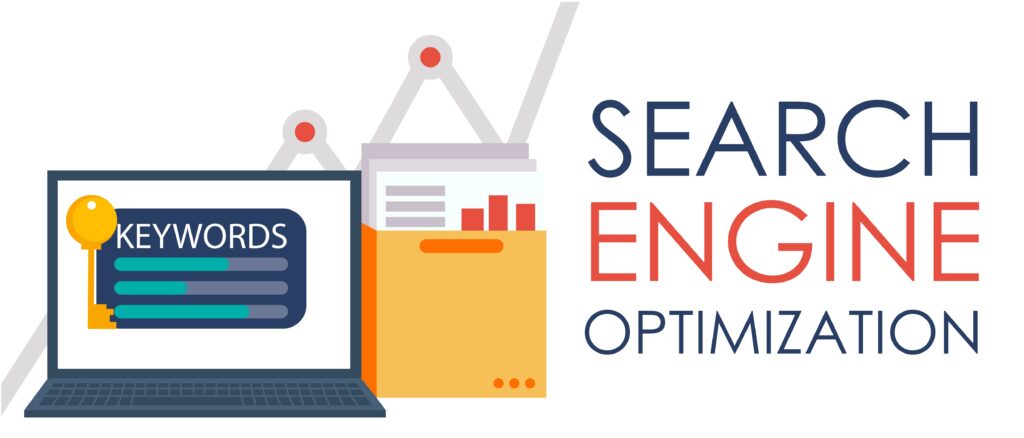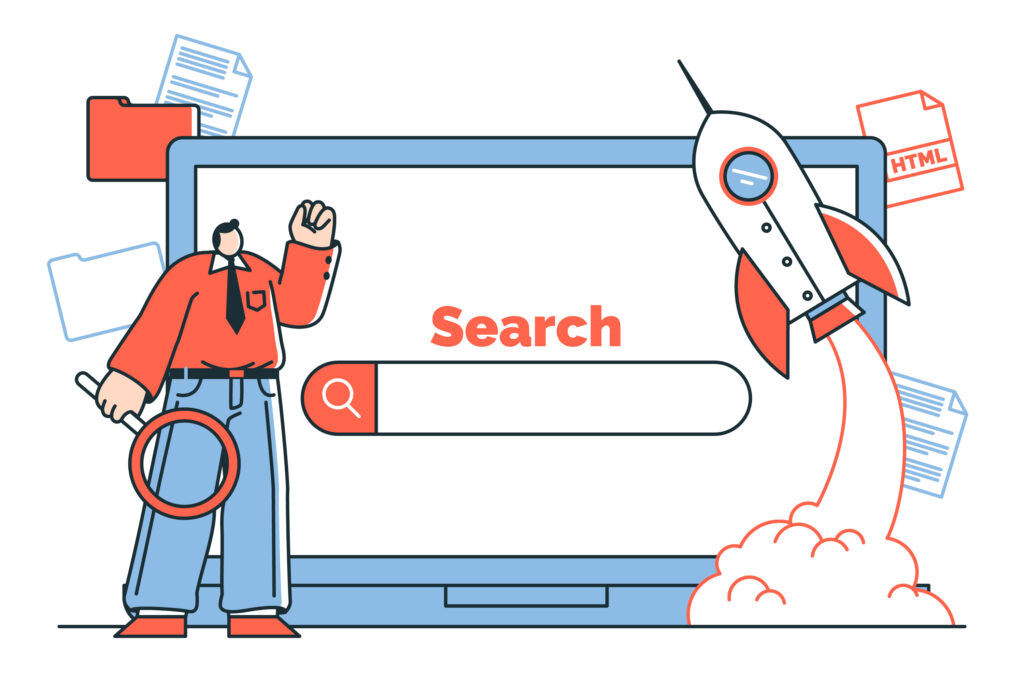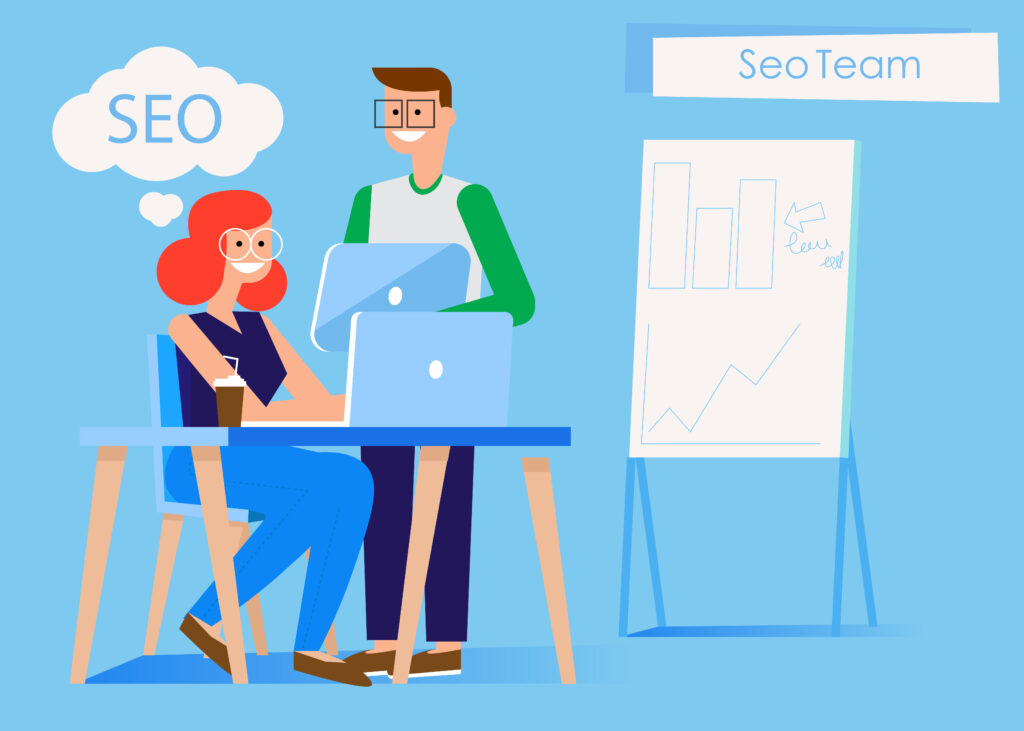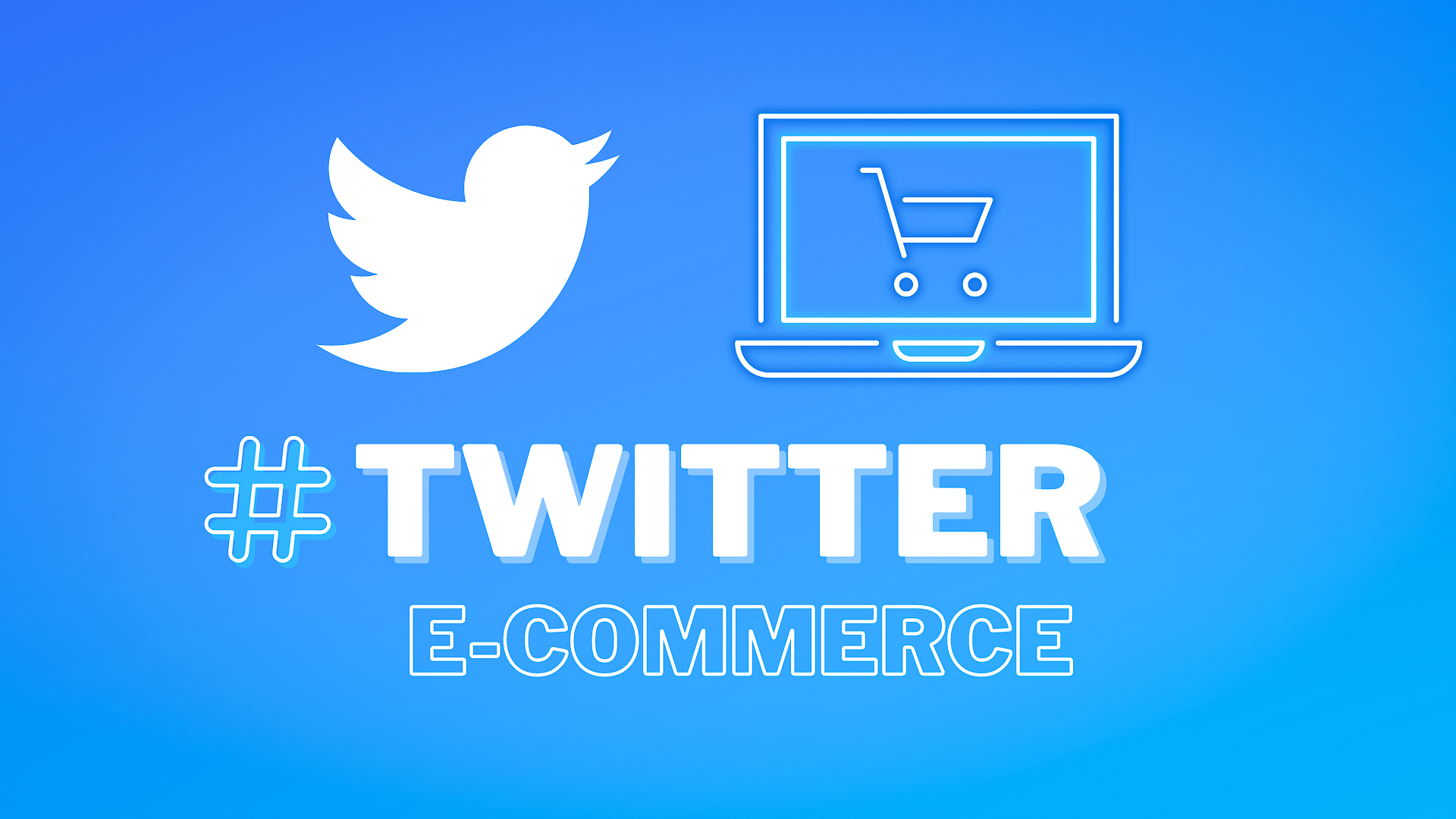On-page SEO is essential for your agency’s success in search engine rankings. From tweaking your website’s content to structuring it well, on-page SEO builds the foundation for online visibility. This guide will walk you through actionable tactics to help your agency rank better and connect with the audience you want to attract.
What Is On-Page SEO and Why Does It Matter?
On-page SEO refers to the practices that improve individual pages of your website so they rank better on search engines. It includes optimizing your content, using the right keywords, and ensuring that the website structure is easy to navigate.
Why is this important? It helps search engines understand your site’s purpose and provides users with a better browsing experience. In turn, you can attract the right traffic, keep users engaged, and achieve your business goals..
Start With Quality Content
The foundation of on-page SEO lies in your content. Search engines rank pages that deliver clear, valuable, and engaging content to readers.
- Use Targeted Keywords: Place relevant keywords, like “on-page SEO,” naturally throughout your content. They should fit seamlessly into sentences and feel natural to readers.
- Focus on User Intent: Think about what your audience needs and answer their questions thoroughly. Do not just write for search engines—write for people.
- Add Variety to Your Content: Mix in lists, bullet points, and tables to make information easier to understand.
Pro Tip: Aim to create content that solves problems or educates your audience. If you can be a trusted source of information, you will see consistent growth in traffic and rankings.
Structure Your Content for SEO Success
Even the best-written content can fall flat if it is not structured well. Think of your website as a well-organized library.
- Headings and Subheadings: Use clear headings to break up your text. This helps readers find information quickly and makes your content scannable.
- Short Paragraphs: Nobody likes walls of text. Break information into smaller, readable chunks.
- Internal Links: Connect related pages on your website with links. This helps users explore more and search engines better understand your site.
Actionable Tip: Use descriptive anchor text for internal links. Instead of saying “click here,” use text like “learn more about on-page SEO tactics.”
Optimize Title Tags and Meta Descriptions
Your title tags and meta descriptions are often the first impression your website makes on a potential visitor. Make them count.
- Keep Title Tags Short and Relevant: They should include your focus keyword and tell readers what the page is about.
- Write Engaging Meta Descriptions: Summarize the page content in a way that encourages users to click. Use active language and include a call to action.
- Avoid Keyword Stuffing: Do not overuse your focus keyword. Keep it natural and balanced.

Focus on URL Structure
The URLs of your web pages should be clean and simple. A good URL structure tells users and search engines what the page is about.
- Keep It Short: Avoid long and confusing URLs.
- Use Keywords: Add your focus keyword to the URL. For example, www.example.com/on-page-seo-tactics works better than www.example.com/page123.
- Use Hyphens: Separate words with hyphens rather than underscores for better readability.
Add High-Quality Images and Alt Text
Images make your content more engaging and break up text, but they also play a role in on-page SEO.
- Compress Images: Large images slow down your website. Compress them to maintain speed without losing quality.
- Use Descriptive Alt Text: Include alt text for every image. Describe the image briefly and naturally include your focus keyword when appropriate.
- Choose Relevant Images: Your visuals should match the topic and add value to the content.
Improve Page Load Speed
A slow-loading website can hurt both user experience and search rankings.
- Minimize HTTP Requests: Combine CSS and JavaScript files when possible.
- Enable Browser Caching: Store parts of your website in a user’s browser to make future visits faster.
- Use a Content Delivery Network (CDN): This helps deliver your site’s files to users quickly, regardless of location.
Fact: Search engines like Google consider page speed as one of the ranking factors, so keep your site as fast as possible.

Enhance Mobile Friendliness
More people are browsing on their phones, so your site must look and function well on mobile devices.
- Responsive Design: Your website should adjust automatically to fit screens of all sizes.
- Readable Text: Ensure that fonts are large enough to read on small screens.
- Clickable Buttons: Space out buttons and links so they are easy to tap.
Google prioritizes mobile-friendly websites in its rankings, making this a key step in on-page SEO.
Use Schema Markup for Rich Results
Schema markup is a form of structured data that helps search engines understand your content better.
- Add Schema for Reviews: Let search engines display star ratings in search results.
- Use Breadcrumb Schema: Make navigation easier for users and improve visibility.
- Add FAQ Schema: Highlight common questions and answers related to your topic.
With schema markup, your content becomes more interactive and noticeable in search results.
Monitor and Update Content Regularly: On-Page SEO
On-page SEO is not a one-time task. Search engines and user preferences change over time, so your content needs to evolve.
- Refresh Old Content: Update outdated statistics, improve readability, and add new insights.
- Analyze Performance: Use tools like Google Analytics to see which pages perform well and where improvements are needed.
- Test Changes: Make small adjustments and track how they impact traffic and rankings.

Common On-Page SEO Mistakes to Avoid
While improving on-page SEO, be mindful of pitfalls that could hurt your rankings.
- Overusing Keywords: Stuffing keywords into your content looks spammy and can get you penalized.
- Ignoring Image SEO: Failing to optimize images with alt text and proper sizing can slow your site and reduce accessibility.
- Neglecting Mobile Users: If your site does not work on phones and tablets, you risk losing a huge audience.
How On-Page SEO Benefits Your Agency
When your on-page SEO is done right, your agency stands to gain in several ways:
- Higher Search Rankings: Your pages will appear closer to the top of search results.
- Better User Experience: Visitors will find your site easier to navigate and enjoy spending time on it.
- Increased Traffic: With more visibility comes more opportunities to attract potential clients.
Key Takeaways
- On-page SEO focuses on improving individual pages for better search visibility.
- Prioritize content quality, structure, and user experience.
- Regularly update and maintain your site to stay competitive.
Conclusion: On-Page SEO
By focusing on on-page SEO, your agency can achieve lasting success. Small improvements, like better content and faster load times, can make a big difference in search rankings and user satisfaction.








